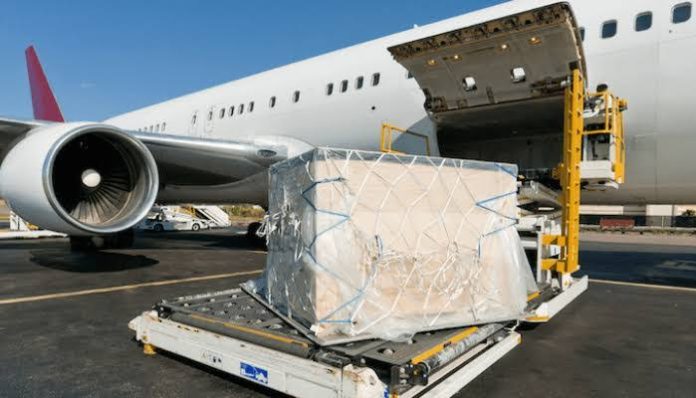News Investigators/ The UN Humanitarian Air Service (UNHAS), has ended its fixed-wing air service in Nigeria due to lack of funding.
Stéphane Dujarric, Spokesperson for the Secretary-General, disclosed this during the noon press briefing at the UN Headquarters in New York.
UNHAS, which is operated by the World Food Programme (WFP), had to end their fixed-wing air service in Nigeria last week due to a lack of funding.
“For nine years, the service has transported humanitarian staff, medical supplies, and critical cargo to and from the epicentre of the crisis in Borno and Yobe states,” Dujarric said.
“In a country that has experienced unending conflict for the past 16 years of conflict, road transport remains extremely dangerous and air transport is essential.”
WFP had warned that it might be compelled to suspend all emergency food and nutrition aid for 1.3 million people in northeast Nigeria at the end of July.
WFP Regional Director for West and Central Africa, Margot van der Velden, while briefing UN Correspondents in New York, painted a dire humanitarian situation in Nigeria.
Velden said WFP urgently needed 130 million dollars to sustain emergency food and nutrition operations in Northeast Nigeria for six months.
She said “due to the severe funding cuts that the World Food Programme is facing, we have exhausted our food and nutrition resources”.
“And at the beginning of August, we will have to face the heartbreaking reality of having to suspend our operations for the populations in northeast Nigeria.
“And so our teams will have to tell the population that they no longer will receive aid, not because there is no need but because there are no resources for that assistance.
She expressed concerns that if life-saving assistance ended, millions of vulnerable people could face impossible choices.
Velden added that the vulnerable would have to endure increasingly severe hunger, migrate or even risk possible exploitation by extremist groups in the region.
Nevertheless, Velden commended the Nigerian government for its support aimed at addressing the humanitarian situation in the northeast.
“I also would like to say that the government of Nigeria is the largest financier of this emergency response now in the northeast of Nigeria,” she said.
In 2024, UNHAS fixed-wing flights carried more than 9,000 passengers.
Already this year, 4,500 humanitarian staff have relied on the service to reach affected areas.
According to the UN Spokesperson, UNHAS cannot continue without funding.
Dujarric said 5.4 million dollars is needed for the UN air service to remain operational for the next six months.
“Without this funding, the humanitarian response in northeast Nigeria risks being cut off from the very people it is meant to serve,” he regretted.
NAN


